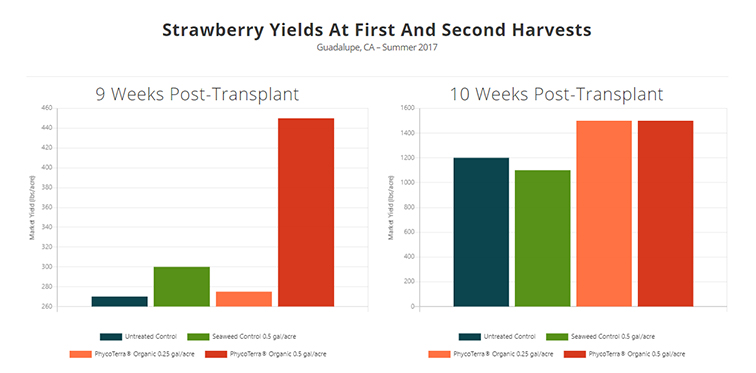In Focus: Three Questions With Todd Wilson
Editor’s Note: With the rising prices of many inputs, growers are closely examining their fertility programs in their crops. Florida Grower asked Tiger-sul representative Todd Wilson for some insights on current fertilizer supplies and how his company’s products fit into the picture.
Florida Grower: We’ve seen prices for nitrogen fertilizer rise based on growing global demand. Have micronutrients seen similar issues?
Todd Wilson: Micronutrient costs have risen over the past few years, but have stabilized over the past year. Our primary micronutrient products Tiger Manganese and Tiger Iron have all moved well this past year even with higher production costs due to the rising metal markets. The Tiger Cane Mix as well as our new Tiger Corn Mix have also been very popular here in Florida.
The big story this year is the increase in global phosphate demand and production. This has resulted in higher phosphate prices. Phosphate fertilizers require a significant amount of elemental sulphur to react the phosphate rock, which has resulted in a dramatic spike in global elemental sulphur prices.
On a positive note, even with the dramatic increase in sulphur prices, we analyzed the cost of sulphur to the grower today and compared it against the higher farm commodity prices. The analysis showed that even with the recent rise in sulphur cost, the affordability of sulphur remains similar to 2007 levels when sulphur costs were lower, as well as farm commodity prices. What is really important is that sulphur improves the use efficiency of nitrogen and phosphate. The Sulphur Institute has conducted extensive research to show that sulphur applications improve the utilization of these fertilizers. Tiger-Sul also has conducted several years of trials where we monitored the uptake of nitrogen as well as the loss of nitrate through leaching events. The research results showed that Tiger 90CR sulphur reduced nitrate leaching losses by 30%. So when asked if sulphur is important in years like this when fertilizer prices have increased, my response is “Yes, even more so due to the economics and agronomic benefits!”
Florida Grower: Given rising input costs, are you seeing growers cut back on their fertility programs? What advice would you share with those growers?
Wilson: We are hearing that some growers are looking at cutting back or switching to crops that require less fertilizer in order to cut some costs. In general, we are seeing more corn and soybeans going in our southern territory. In Florida, we are seeing traditional Florida crops being grown with little change, as it is a complex market with everything from sugar cane production, citrus, vegetable, to palm production. I have been working closely with many growers on improving balanced fertility and soil conditioning with our products. We encourage growers to try our products and to work with us to demonstrate the effectiveness of our products. We have seen amazing results on various crops this past year in Florida and it all starts with trials either on the farm or with the researcher.
Florida Grower: Are there any particular crops in Florida that your products especially benefit?
Wilson: Since all our products are sulphur based, they have an excellent fit in the Florida market. For the most part, Florida soils have a high pH due to the layer of coral that exists under the Florida soils. The addition of sulphur helps to improve phosphate and micronutrient availability on these soils. Another significant benefit is that Tiger 90CR sulphur is made available throughout the growing period, and is not prone to leaching losses in its original form, meaning more of the sulphur gets into the plant
Over the past few years, our Tiger Micronutrients fertilizers have become very popular due to our ongoing research work in Florida. These formulations are also sulphur based and provide the same value to the grower that we see with our Tiger 90CR sulphur. Some of the benefits include increased chlorophyll production, vitamin C production, oil formation in oilseeds, and a reduction of nitrates in forages and in vegetables.
Some of the major crops we see our products being used on are sugar cane, citrus, palm, turf, and vegetables such as tomatoes, strawberries, and
potatoes. In fact, I don’t know of any crop where Tiger products are not being used in some form. Sulphur is required
by all plants for optimum crop growth and for quality.










